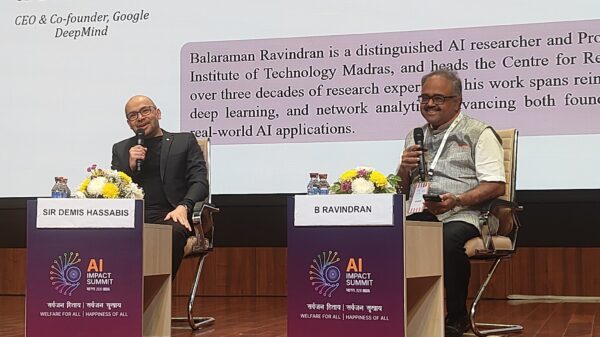The Fox Corporation and blockchain company Polygon Labs have joined forces to introduce a new blockchain-based open source platform used to root out and track deepfakes across the internet.
Announced on Wednesday, the Verify program can transparently verify the authenticity and origin of content. Publishers who choose to join the platform will possess the ability to demonstrate the organization of their content, aiming to address authenticity challenges arising from the rapid advancement of AI.
The growing sophistication and accessibility of generative AI tools have facilitated cybercriminals in crafting highly convincing scams.
For instance, they can employ voice cloning to impersonate a family member in distress, requesting money. Additionally, some scams, often referred to as “cheapfakes,” involve manipulating genuine videos such as newscasts or celebrity interviews by splicing in fake audio to alter the words spoken by individuals.
This deceptive practice creates the illusion that a trusted or familiar figure has uttered different words from their original statements.
Verify has onboarded 89,000 pieces of content from the Fox Corporation and its affiliates since its beta launch in August.
“With this technology, readers will know for sure that an article or image that purportedly comes from a publisher, in fact, originated at the source,” according to a Polygon press release.
News of Fox’s entry into content verification coincides with broader discussions attempting to reconcile the rapid integration of AI into the global market.
“As AI-generated text and images circulate more widely online,” Polygon said, “verify will empower consumers to not only identify the authentic source of content but also provide media publishers with greater control over their relationships with AI platforms scraping the web.”
Read more: Canadian financial intelligence agency expects cryptocurrency crime to increase with adoption
Read more: FBI and Ukrainian police seize 9 cryptocurrency exchanges used by criminals
Deepfakes becoming a growing concern
A recent survey from McAfee revealed that 84 per cent of Americans are concerned about how deepfakes will be used in 2024, especially in relation to elections and addresses delivered by public figures. And they may have a point.
According to the survey, 66 per cent of Americans indicated they are more worried about deepfakes now compared to a year ago. Additionally, over a third of Americans, accounting for 33 per cent, reported either personally experiencing (16 per cent) or knowing someone who has encountered (17 per cent) a deepfake scam.
When looking at the top concerns for deepfake usage in 2024, a majority of Americans, comprising 52 per cent, expressed worries about how the proliferation of deepfakes could impact elections, erode public trust in the media (48 per cent), and enable the impersonation of public figures (49 per cent). Concerns also extend to the potential increase in scams facilitated by AI and deepfakes, which weighed on the minds of 57 per cent of respondents.
Furthermore, the use of deepfakes for cyberbullying raised concerns for 44 per cent of Americans, while more than a third, specifically 37 per cent, expressed unease about the creation of sexually explicit content using deepfake technology.
.













